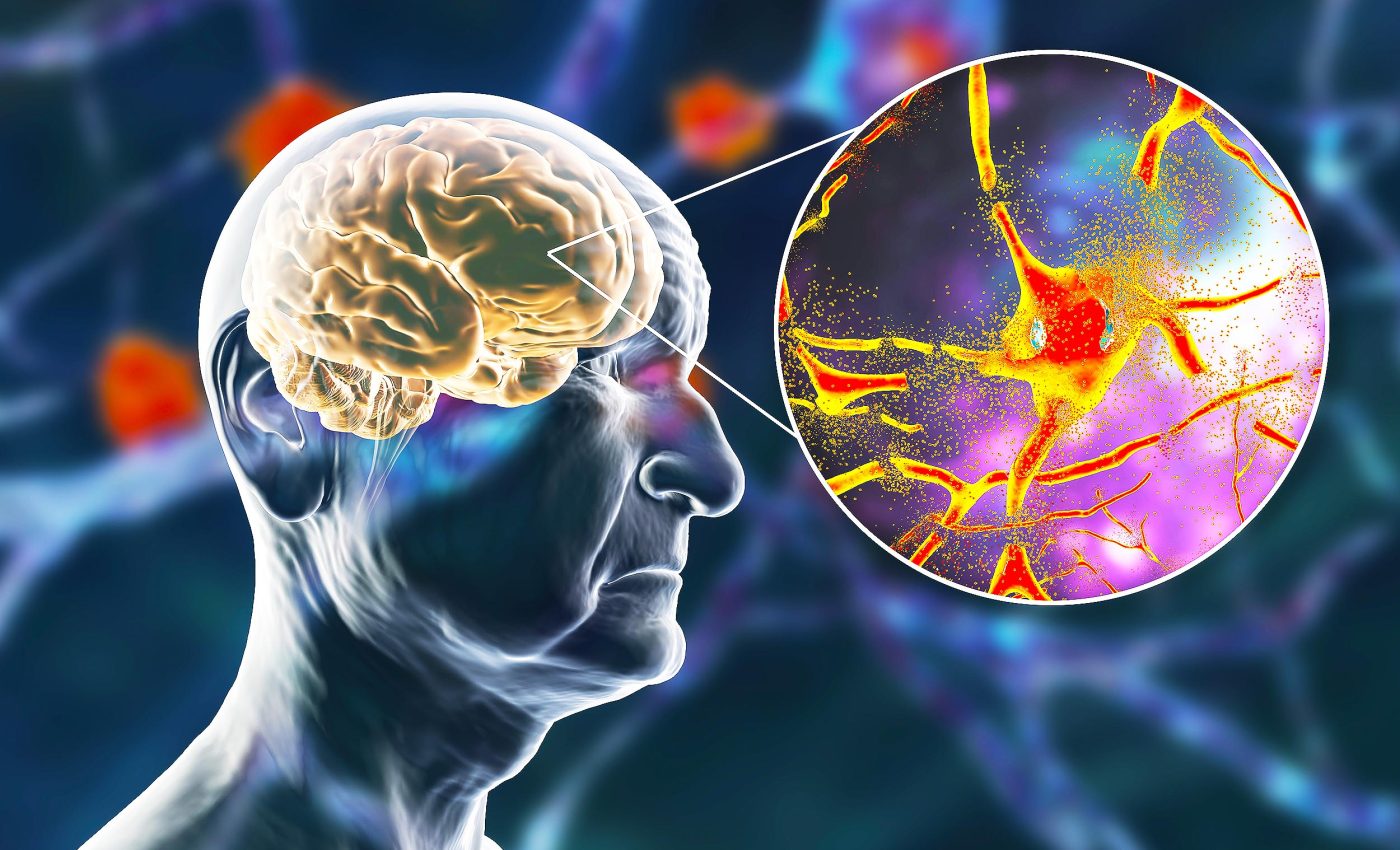
Doctors say this lifestyle choice is the biggest contributor to cognitive decline and dementia
The first hints of fading memory arrive quietly – misplaced keys, a forgotten appointment – yet together they mark the slow, inevitable creep of cognitive decline. As more adults cross the half-century mark, that gradual loss of mental sharpness looms large, reshaping conversations about healthy aging.
Recent work following thousands of older Europeans now argues that one everyday choice casts a bigger shadow over brain function and cognitive decline than most people realize.
A research team led by University College London (UCL) analyzed lifestyle data from 32,000 adults in 14 European countries who were at least 50 years old and showed no signs of dementia when tracking began.
Across as many as 15 years, participants completed memory and verbal-fluency tests, providing one of the most detailed portraits yet of how thinking skills change in later life.
Behaviors linked to cognitive decline
The investigators assembled sixteen lifestyle “packages” from four common habits: smoking, moderate or vigorous exercise at least once a week, weekly social contact with friends or family, and daily alcohol intake capped at two drinks for men or one for women.
They compared every package with a reference pattern that included all four healthy behaviors. By separating the habits instead of folding them into a single wellness score, the team could see which ones truly moved the needle on brain performance.
“Smoking may be among the most important lifestyle factors affecting how quickly our cognitive skills decline as we age,” suggests a new study led by UCL researchers.
That headline finding emerged once the data were crunched: participants who smoked experienced the steepest drops in test scores.
Their memory and word-finding abilities fell up to 85 percent more over ten years than scores among non-smokers.
Smoking’s outsized impact
“Our study is observational, so cannot definitively establish cause and effect, but it suggests smoking might be a particularly important factor influencing the rate of cognitive ageing,” lead author Dr. Mikaela Bloomberg explained.
She noted that earlier studies linked clusters of healthy habits to slower decline, yet those studies rarely teased apart which behaviors mattered most. By isolating each habit, the new analysis revealed that lighting up stood apart from the rest.
Interestingly, when cigarettes dropped out of the picture, the remaining lifestyle combinations produced very similar cognitive trajectories.
Whether participants exercised a little less, enjoyed an extra drink, or skipped a weekly gathering, their brains aged at nearly the same pace as those following the reference lifestyle – as long as they did not smoke.
“Previous evidence suggests that individuals who engage in healthier behaviors experience slower cognitive decline; however, it was unclear whether all behaviors contribute equally to cognitive decline or whether specific behaviors drive these results,” Dr. Bloomberg added.
Smoking, biology, and cognition
Cigarette smoke exposes tiny cerebral blood vessels to a mix of toxins that stiffen vessel walls and limit oxygen flow. The same chemicals spark chronic inflammation, leaving neurons vulnerable to damage.
Over years, those insults can accelerate the shrinkage of key brain regions linked to memory and language.
Exercise, moderate drinking, and social engagement can bolster overall health, but they struggle to counter the direct harm tobacco inflicts on neural tissue.
Still, the study offered a glimmer of good news for current smokers who embrace other healthy habits.
“Our findings suggest that among the healthy behaviors we examined, not smoking may be among the most important in terms of maintaining cognitive function,” Dr Bloomberg said.
“For people who aren’t able to stop smoking, our results suggest that engaging in other healthy behaviors such as regular exercise, moderate alcohol consumption and being socially active may help offset adverse cognitive effects associated with smoking.”
Cognitive decline and global health
Worldwide, about one in five adults continues to smoke, and the habit remains more common in lower-income regions where dementia care is often scarce.
Because memory loss erodes independence, quitting earlier in life can spare families emotional strain and reduce medical costs tied to long-term care.
The new analysis strengthens the case for investing in cessation services – nicotine-replacement therapy, counseling, and prescription aids – before cognitive slips gain momentum.
The researchers accounted for age, gender, education, wealth, chronic illnesses, and country of residence, confirming that smoking’s influence held steady even after those factors were considered.
By following participants over such a long span, the team also captured changes that shorter studies might miss, reinforcing confidence in the pattern they observed.
Now that you know, what will you do?
Skipping cigarettes emerges as the clearest step toward safeguarding late-life thinking, yet the study suggests that pairing a smoke-free routine with modest weekly movement, sensible drinking limits, and regular social contact yields an even sturdier foundation.
A brisk walk through the neighborhood, a cup of coffee with a friend, and a single evening drink offer manageable ways to keep neurons working smoothly.
Cognitive decline rarely arrives overnight, but its grip tightens with each passing year. This large-scale European study highlights how one habit – smoking – quickens the slide more than any other measured behavior.
Armed with that insight, adults can stack the odds in their favor: stub out the cigarette, stay active, connect with others, and enjoy alcohol in moderation.
Small choices made today shape the clarity of tomorrow’s thoughts, giving every reader a practical path toward a sharper, more confident future.
The full study was published in the journal Nature Communications.
—–
Like what you read? Subscribe to our newsletter for engaging articles, exclusive content, and the latest updates.
Check us out on EarthSnap, a free app brought to you by Eric Ralls and Earth.com.
—–












